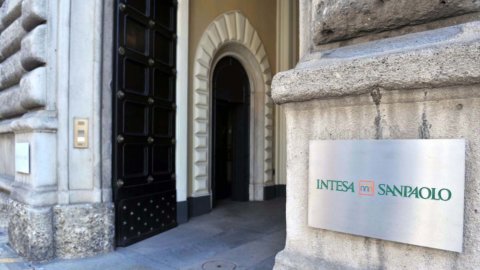The dream of the Superpopular Po Valley is back in the news, with the marriage between Banco Popolare and Banca Popolare di Milano. The proposal comes directly from the managing director of Banco Popolare, Pierfrancesco Saviotti, who throws the hook at his Milan counterpart Giuseppe Castagna. "The smartest operation that Banco Popolare could do would be to team up with Bpm" - Saviotti said to the microphones of Class CNBC and above all in front of Castagna, who immediately replied "If there is the possibility and there will be a process of aggregation, we will evaluate the situation. […] Declarations of love must always be listened to”.
The operation, in theory, will have to be studied after the stress tests, when it will be a priority for the banks to give new impetus to business growth. “Should a need for rationalization emerge, we will evaluate the situations” – continues the CEO of Bpm Castagna. Saviotti also speaks of stress tests, emphasizing how the season of severity has on the one hand helped to settle bank balance sheets, but on the other has subjected the banks to discrete difficulties with a view to being found adequate to the new requests.
In conclusion, the two bankers draw attention to the difficulties that are still encountered in the disbursement of loans, even after the release of EU funds. The problem, they say, is entirely political, since there is now liquidity. The problem of the excessive prudence of banks in granting vital credit to companies is due to the low demand, in addition to the unfavorable psychological effects attributable to the recession.





